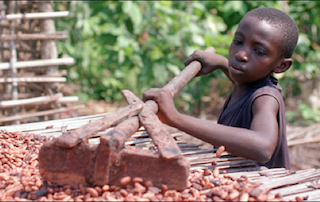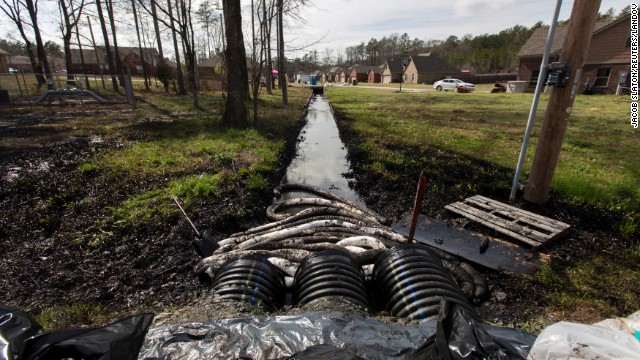The World Bank plans to limit its financing of coal-fired power plants to ?rare circumstances”, while assisting countries in finding alternatives to coal.?  According to the report, the bank ?will cease providing financial support for greenfield coal power generation projects, except in rare circumstances where there are no feasible alternatives available to meet basic energy needs and other sources of financing are absent.??The World Bank, which lends to the developing and emerging economies of 188 member countries, committed $8.2 billion to finance energy projects in the 12 months through June 2012, according to its website. Of that, $3.6 billion was for renewable energy. This decision is pivotal for shifting global investments away from coal (one of the dirtiest forms of energy), which is responsible for 40 percent of the world?s carbon dioxide emissions and a host of public health impacts.
According to the report, the bank ?will cease providing financial support for greenfield coal power generation projects, except in rare circumstances where there are no feasible alternatives available to meet basic energy needs and other sources of financing are absent.??The World Bank, which lends to the developing and emerging economies of 188 member countries, committed $8.2 billion to finance energy projects in the 12 months through June 2012, according to its website. Of that, $3.6 billion was for renewable energy. This decision is pivotal for shifting global investments away from coal (one of the dirtiest forms of energy), which is responsible for 40 percent of the world?s carbon dioxide emissions and a host of public health impacts.
Slave Labor Still Plagues the Global Food System
Last week, the State Department released its?annual report?on human trafficking which concluded that slave labor is still very much deeply embedded in the global food system.?According to the report, as many  as 27 million men, women and children are estimated to be trafficking victims at any given time, many of which are forced to work in agriculture and food processing. Due to the lack of transparency within the food system, it is easy for farmers and food factory owners to exploit their workers. As a consumer, it is necessary that we not only think about the quality of the food we buy, but the quality of the working conditions and wages of those who harvested, produced, or processed the food. To get a rough idea of how your consumption habits may lead back to slave labor, use the calculator at?SlaveryFootprint.org.
as 27 million men, women and children are estimated to be trafficking victims at any given time, many of which are forced to work in agriculture and food processing. Due to the lack of transparency within the food system, it is easy for farmers and food factory owners to exploit their workers. As a consumer, it is necessary that we not only think about the quality of the food we buy, but the quality of the working conditions and wages of those who harvested, produced, or processed the food. To get a rough idea of how your consumption habits may lead back to slave labor, use the calculator at?SlaveryFootprint.org.
Poisons in the Pipeline
On March 29, 2013, Exxon’s Pegasus pipeline carrying tar sands oil ruptured in Arkansas, sending a river of oil through a residential neighborhood in the town of Mayflower. A  concerned neighbor scooped up a sample of the spilled oil, which Environmental Working Group later arranged to have tested by an independent laboratory. The tests showed that the oil contained at least seven toxic chemicals, apparently from the chemical stew used to dilute the oil, which is semi-solid when first extracted, so that it could flow through the pipeline. The findings have disturbing implications for the proposed 1,179-mile long Keystone XL pipeline that is currently under consideration by the White House, which would carry tar sands oil on a route through the American heartland from Alberta, Canada to Nebraska. The best way to prevent further oil spills, such as this one, is to stop the construction of more pipelines that pose a threat to our land, water, air and the overall health of this planet. Click here to take action on this issue.?
concerned neighbor scooped up a sample of the spilled oil, which Environmental Working Group later arranged to have tested by an independent laboratory. The tests showed that the oil contained at least seven toxic chemicals, apparently from the chemical stew used to dilute the oil, which is semi-solid when first extracted, so that it could flow through the pipeline. The findings have disturbing implications for the proposed 1,179-mile long Keystone XL pipeline that is currently under consideration by the White House, which would carry tar sands oil on a route through the American heartland from Alberta, Canada to Nebraska. The best way to prevent further oil spills, such as this one, is to stop the construction of more pipelines that pose a threat to our land, water, air and the overall health of this planet. Click here to take action on this issue.?

Comments are closed.